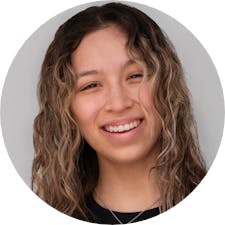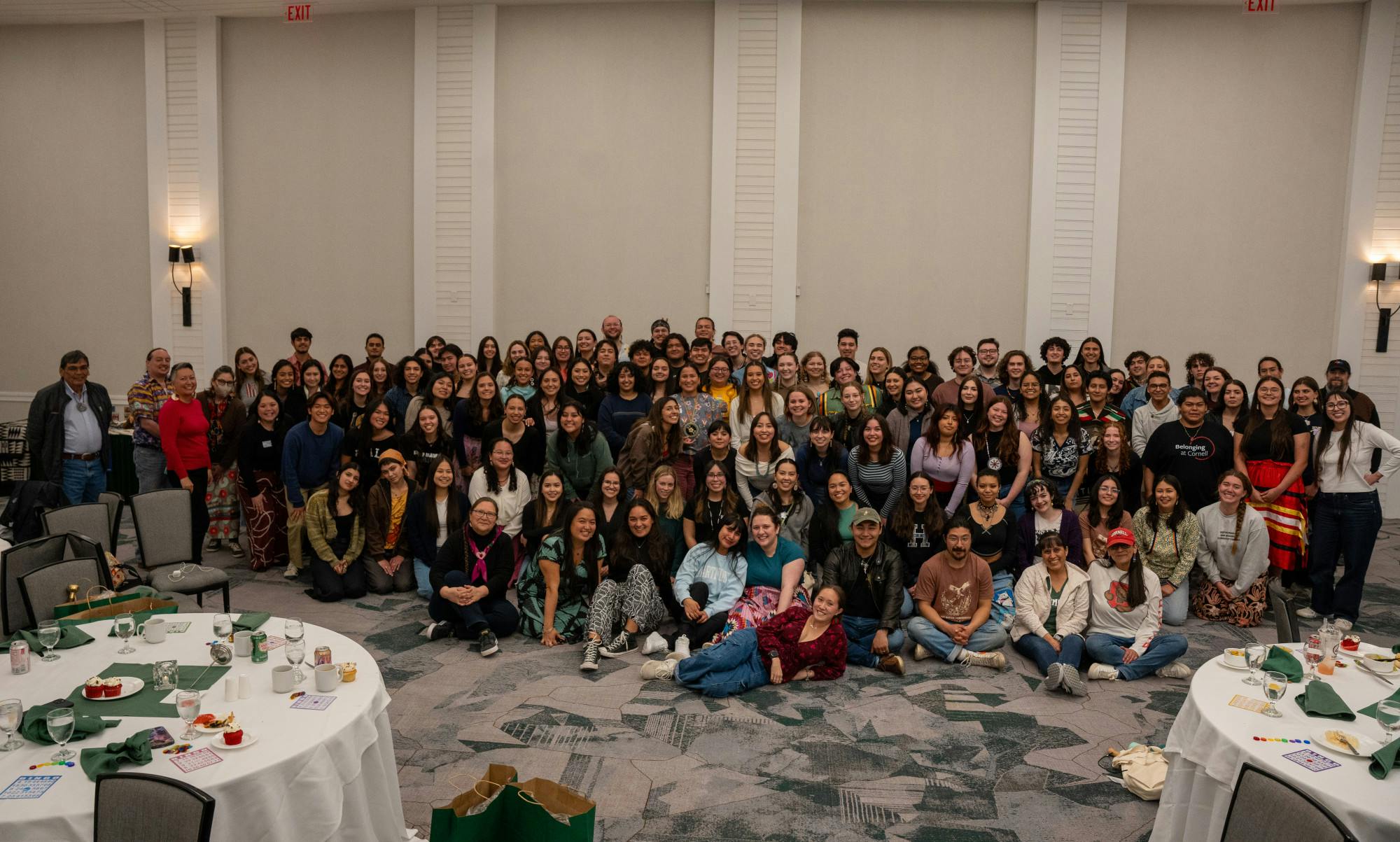From April 19 to 21, Dartmouth’s Native American Program hosted the Ivy Native Council Conference at the College for the first time since 2004, according to conference coordinator Perciliana Moquino ’26. Approximately 150 Native American and Indigenous students — representing all eight Ivy League institutions as well as Middlebury College and Williams College — attended the conference, which focused on language revitalization and its relationship to higher education, according to Moquino.
The INC was founded in 1995 to encourage conversation and community among Native American and Indigenous students at Ivy League institutions through semi-annual summits and conferences, according to Moquino. Each school has a representative who is responsible for facilitating weekly communication with the schools within the council, Moquino said.
Moquino’s mother, Keres Children’s Learning Center founder Trisha Moquino, gave the conference’s keynote address.
Moquino said she initially considered inviting her mother to be the keynote speaker when the topic of language revitalization came up as a potential theme during the beginning stages of planning.
Moquino said her mother was inspired to start the Keres Children’s Learning Center — with permission from the leadership of the Cochiti Pueblo — through her own language learning experience and after teaching her children the Keres language as well. Her mother’s work inspired her and now other Native American and Indigenous students who attended the conference, Moquino said.
“I just thought that all of [her] work was so inspiring … her taking the time and dedication to relearn the [Keres] language for me and my sister, but to also relearn it for our community, and then help other people learn or relearn the language,” Moquino said. “I really wanted to honor that.”
In addition to Trisha Moquino, five other speakers — Cherokee scholar Thomas Belt, Maskoke language revitalizer Marcus Briggs Cloud, Indigenous writer Rosalyn La Pier, Indigenous languages master’s student Ashlyn Lovato and Ojibwe educator Brooke Niiyogaabawiikwe Gonzalez — shared experiences that related to this year’s theme of language revitalization. These experiences ranged from starting language immersion schools to creating cultural living communities that continue to practice ancestral traditions, according to INC vice-chair Wamníomni Afraid Of Hawk ’27.
“To me, [language revitalization] is very important because a lot of Native American languages are very near extinct with [only] a few thousand fluent speakers,” Afraid of Hawk said. “Language is identity. Language is how we connect with one another, and I think that it is really important to bring these languages back so they can flourish and so that Native communities can regain a sense of identity and connect with each other.”
Other conference activities included workshops with the speakers on language revitalization and a concert featuring Indigenous hip-hop artist Xiuhtezcatl.
Daniel Pruder ’27, a Samoan student from Hawai’i, said the conference offered him an “enlightening glimpse into language revitalization and its essential role in Indigenous cultural preservation.” He said he was “especially intrigued” by Trisha Moquino’s keynote address.
“It made me think about how my grandparents, when they moved from American Samoa to Hawai’i, decided against teaching Samoan to their children,” Pruder said. “When I asked my mom about this, I learned that it was more about my grandparents wanting to improve their English rather than intentionally trying to neglect the Samoan language altogether.”
Though he feels it is unfortunate that the pressures of American society can hinder language learning, Pruder said that the conference “resurrected” his interest in learning Samoan because “one can understand so much about their culture” through language.
Perciliana Moquino reflected that the conference brought together Native American and Indigenous students’ cultural identities and academic pursuits, which can often seem unaligned.
“We come [to college] to get an education and learn Western academics, but oftentimes that is at the expense of … languages we speak at home and what is taught through those languages,” Moquino said. “I think [the conference] is a reminder to bring those two things together, and to understand that just because we are away from our homes doesn’t mean that we have to put things that we do at home — like our tradition and culture — on the back burner.”

Alesandra Gonzales is a reporter, photographer, and videographer for The Dartmouth from south Texas, majoring in psychology with a minor in film. Outside of The D, she likes to workout, watch The Ranch, and do EMS work. She is a licensed EMT in three states.




